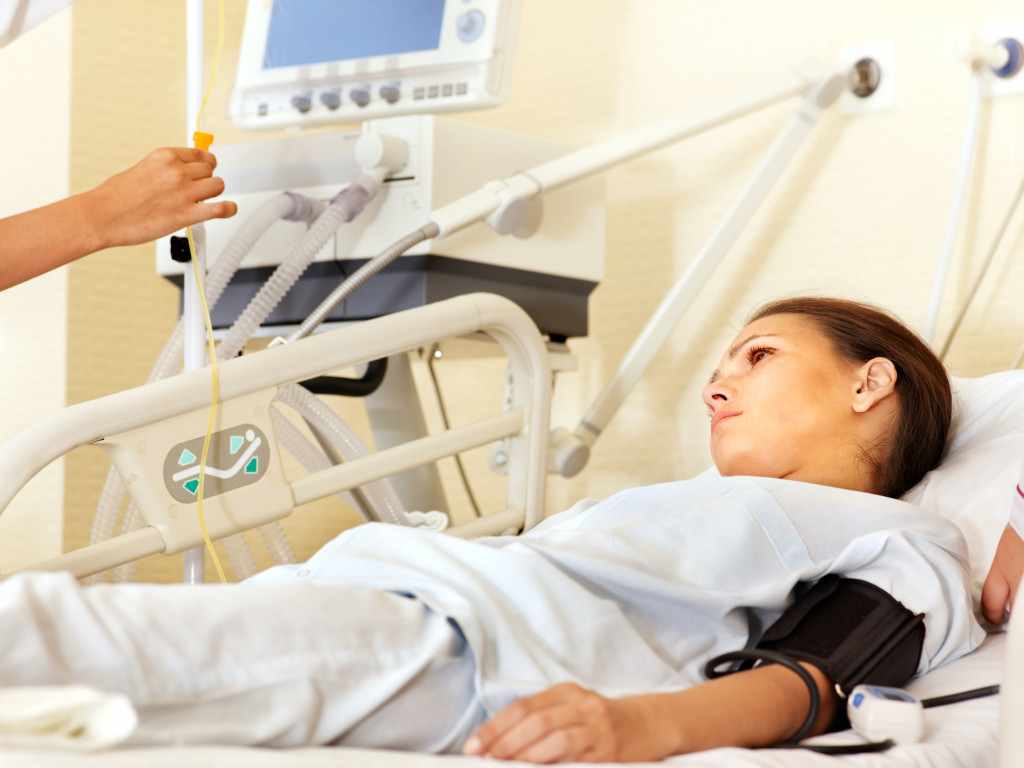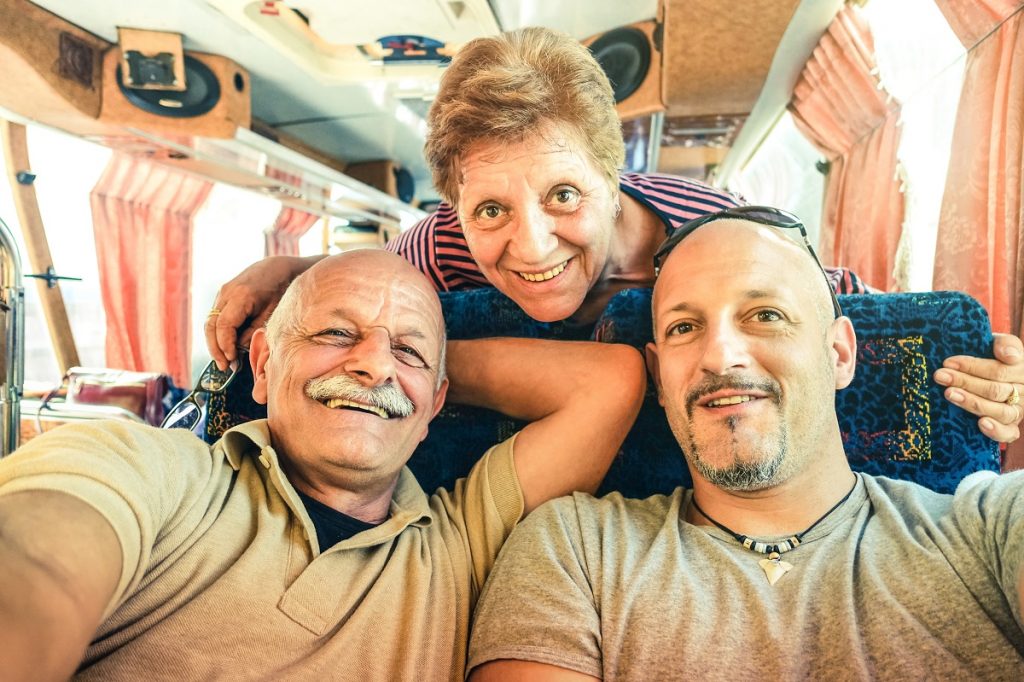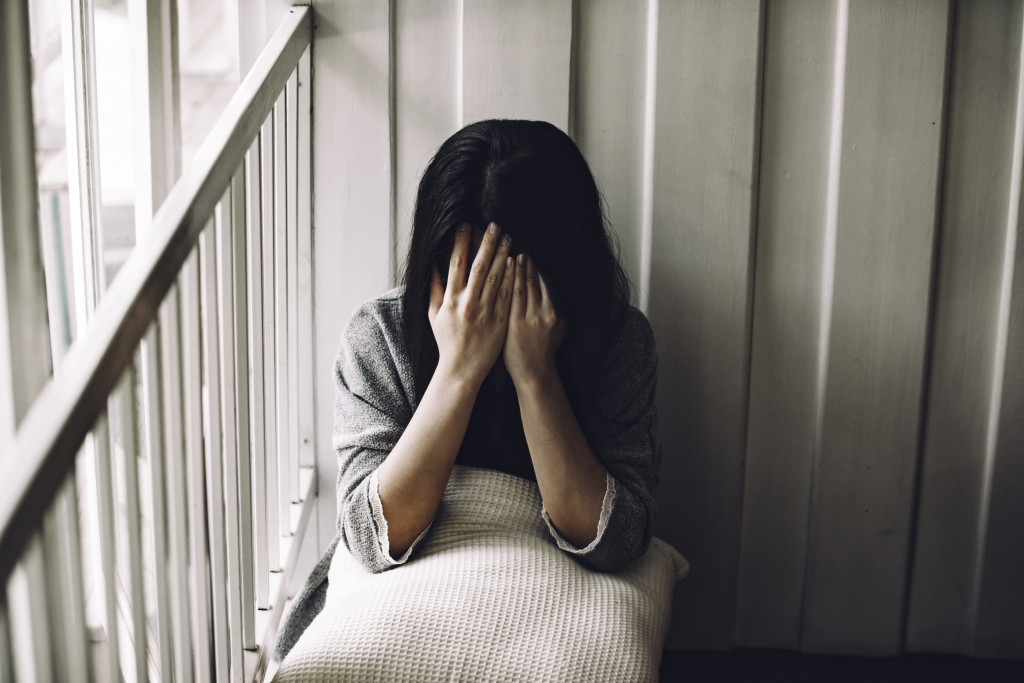The pandemic continues to wreak havoc on the world. As of September 2021, there have been more than 200 million COVID-19 cases around the world. Unfortunately, there also have been 4 million deaths worldwide. Despite the rollout of vaccinations, coronavirus cases keep increasing in some countries. If you are among those who have recovered, consider it a blessing.
Surviving COVID-19: Every Drop of Plasma Counts
People who recovered from COVID-19 have long-term immune responses against the virus. They develop an antibody called immunoglobulin G (IgG), which remains at a high level for up to four months. These antibodies protect our bodies from infections.
The U.S. Food & Drug Administration encourages recovered COVID-19 patients to donate plasma. The convalescent plasma contains antibodies, which will help fight off the virus. Thus, higher chances of recovery for patients. According to the FDA, it is best to donate plasma at least two weeks after recovery from COVID-19. Only those qualified to donate blood can donate plasma. Other qualifications include:
- Must have had prior COVID-19 diagnosis (with laboratory test)
- Must have had complete resolution of COVID-19 symptoms at least 14 days before the day of donation
Currently, the Red Cross is collecting plasma from 170 locations nationwide. An interested donor only needs to visit their site or contact them for instruction.
If you know people who don’t have COVID-19 but are still interested in donating blood, you can encourage them to go through with it. Many sick patients are still struggling in the hospitals, and they desperately need blood donation. If you’re interested, you can look up locations where you can visit or search for their site that contains the necessary information.
Be Part of the Study
Aside from donating plasma, you may also want to participate in clinical trials. These are studies made by hospitals and medical research institutions that can make a difference in addressing health issues. Some clinical trials look for recovered COVID-19 patients who are willing to donate blood for further study. Websites of medical market research firms recruiting volunteers for clinical trials contain information that can help an interested volunteer.
If you are not yet ready to donate blood or participate in clinical trials, consider reaching out to other COVID-19 patients who can.

Reach Out to Your Community
Your COVID-19 journey is enough. You might not have an idea of how many lives you will touch if you share how you fought and survived. In your little ways, you can help patients who are still on their way to recovery.
-
Share your story on social media
Don’t be afraid of the stigma. Instead of judging, people now are more appreciative and supportive of recovered patients. Aside from giving tips, you will also get to inspire those who have been feeling helpless. Your story will be a testament that people can bounce back from this disease. People recover.
-
Join support groups for COVID-19 patients and their families
There are organizations and support groups that conduct an online forum to discuss COVID-19. Some groups focus on understanding the disease. Others discuss mental health issues during a pandemic. They invite COVID-19 survivors to share their experiences and tips on how to overcome the disease. For all you know, this can be your platform to raise awareness and end COVID-19 stigma.
-
Offer assistance to other patients
You may reach out to your neighborhood and ask whoever needs help. You may lend your medical equipment such as pulse oximeters, oxygen tanks, and thermometers. These things should come in handy when dealing with COVID-19. You may send food, medicines, and other goods to friends who tested positive. A quick “hello!” and “how are you?” over the phone will cheer up anybody who is in isolation.
-
Get vaccinated and encourage others to get vaccinated
You’ve been there and done that. You know the struggle of testing positive, of fearing for your life and your family’s safety. You know how difficult it was to breathe and move and recover, but you made it through. Studies and clinical trials have shown how effective COVID-19 vaccines protect us from severe illness and deaths. The Centers for Disease Control and Prevention and the World Health Organization are encouraging people to get vaccinated.
The only way for this pandemic to end is through herd immunity. And the only way to achieve herd immunity is through vaccination.
Even if you have already recovered from COVID-19, it is still your responsibility to wear your mask and follow social distancing protocols. This isn’t over until it’s over. Until we get there, reach out and help patients who are still struggling at the moment. May they recover just as how you survived.





